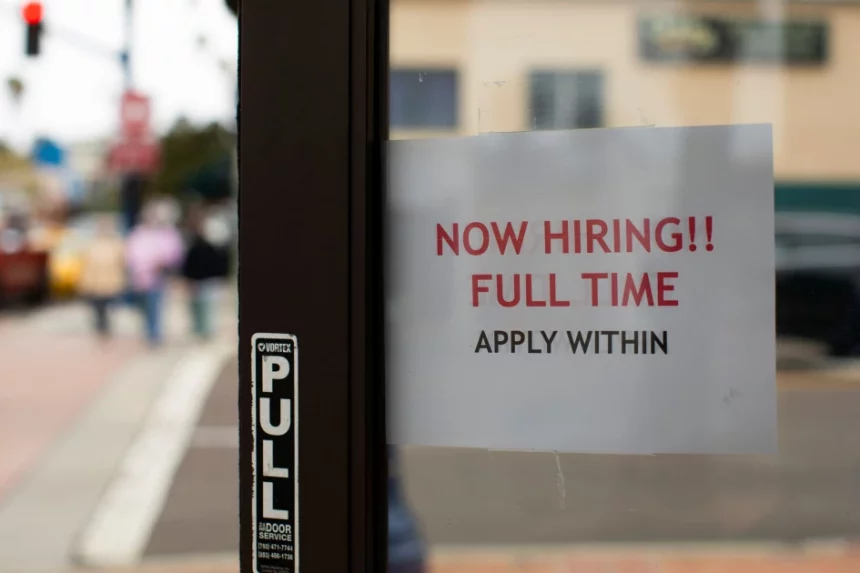A Kenyan man has come out to detail his experience securing a job in the United Kingdom, only to realise it was not what it seemed.
Anthony Mbare gave an interview to British newspaper The Guardian, saying he sold all his belongings, left his job and paid Ksh.450,000 (£2,500) to a UK agency in September last year to secure his visa.
All this was in the promise of a full-time, minimum-wage job that would pay him 10 times what he could make back home; Ksh. 3.9 million (£21,200) a year.
However, upon landing in the UK, the reality was far from his expectations. Mbare got a job taking care of the elderly and although he admits to forming a close bond with his clients, his pay and working hours were less.
Mbare was working up to 16 hours a day yet he had been promised he would be working 40 hours per week.
He was receiving less than the initially promised amount; Ksh.201,000 (£1,100) monthly salary against the promised Ksh.323,000 (£1,766).
The Kenyan says he was determined to persevere until his employer required him to purchase a car on a financing plan that would set his monthly salary back by tens of thousands of shillings.
“I thought, ‘I don’t want to be a slave,’…I didn’t know how I would ever pay it back,” Mbare told the publication.
After raising concerns with the company’s manager, the employer terminated his contract, accusing him of failure to comply with the new vehicle rules. It also accused him of “insubordination” by “inciting other employees to disagree with our policies”.
He says he tried to appeal against the decision and wrote to the UK Home Office requesting help, to no response.
Early last month, Mbare got a letter warning him that unless he found another sponsor, he would have to leave the country within 60 days.
He says he interviewed for other caregiver jobs. He got offers but says the process stalled as he did not have the UK reference needed for his work visa.
Mbare flew home to Kenya on August 26 and now works as a carpenter in Juja, Nairobi. He says he could not believe such exploitation could happen in the developed world.
“My love for the UK has completely gone,” Mbare told the Guardian, adding that he is now in Ksh.1.8 million (£10,000) debt accrued in agency fees, training charges, flights, relocation costs and interest on loans, which he hoped he would be able to repay through the UK job.
“I have tried to warn others. I tell them: it’s not what it looks like. The government knows this exploitation is happening but no one is doing anything about it.”
Mbare’s former employer has however denied its vehicle policies were unfair. The company defended the move saying it had changed its rules because drivers had been having accidents in company cars, increasing insurance premiums.
In the Guardian report, it accused Mbare of refusing a “reasonable solution” to which other workers had agreed.



